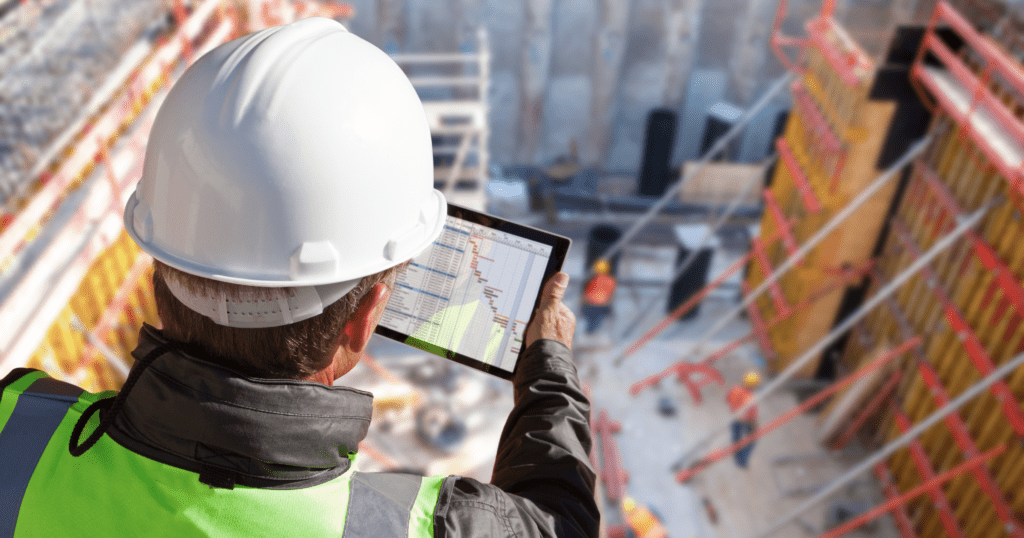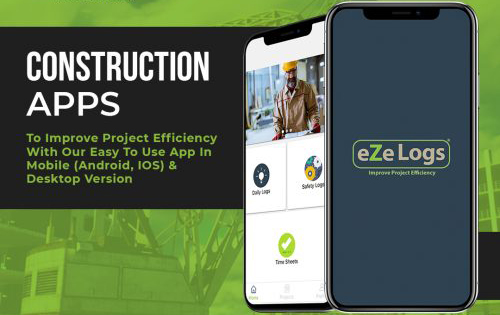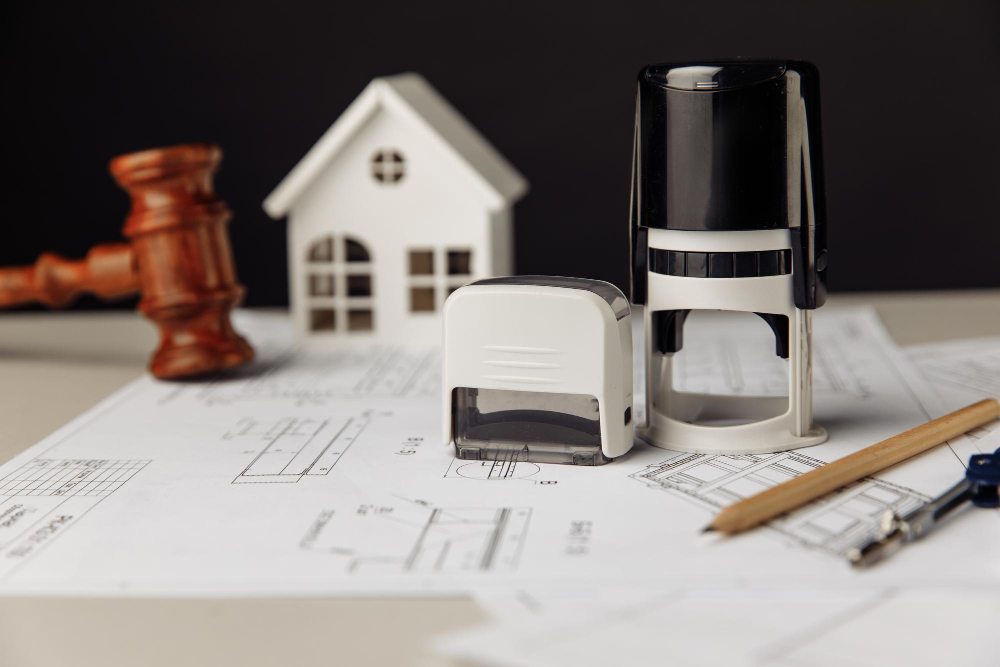A construction superintendent plays a pivotal role in ensuring the smooth execution of construction projects from start to finish. This role, often the backbone of the construction site, involves overseeing day-to-day operations, managing teams, and ensuring that the project adheres to its timeline and budget.

The job comes with immense responsibility, and a superintendent must juggle various duties to meet the project’s objectives. Understanding these responsibilities provides insight into how vital a construction superintendent is to a project’s success.
Also Read: How to Choose the Right Construction Company for Your Next Project
Supervising On-Site Operations
At the heart of a superintendent’s duties is the task of supervising all on-site operations. The superintendent is responsible for coordinating various activities that occur simultaneously on a construction site. This means ensuring that tasks are assigned appropriately, monitoring the progress of work, and making sure the project adheres to established deadlines. A superintendent’s keen eye for detail allows them to spot inefficiencies, hazards, or potential problems before they impact the project’s progress.
Ensuring Adherence to Safety Standards
Construction sites are inherently hazardous, making the enforcement of safety protocols one of the most important duties of a superintendent. They must guarantee that all workers comply with safety regulations, such as wearing personal protective equipment (PPE) and following safety guidelines outlined in site plans. Superintendents often conduct safety meetings, site inspections, and risk assessments to mitigate potential accidents. Their commitment to safety can prevent costly delays, injuries, or worse, legal liabilities.
Managing the Project Schedule
Construction projects often operate under tight deadlines, and it falls to the superintendent to maintain a schedule that keeps everything on track. By coordinating with subcontractors, material suppliers, and crew members, the superintendent ensures that each phase of the project begins and finishes on time. Unforeseen delays, such as weather conditions or supply chain issues, can disrupt this schedule, and the superintendent must quickly adapt by revising timelines and reallocating resources. Time management is crucial in this role, as delays can lead to increased costs and jeopardize the overall success of the project.
Communication and Coordination with Stakeholders
A superintendent serves as a critical link between the construction site and various stakeholders, including clients, architects, and project managers. Effective communication is a hallmark of a successful superintendent, ensuring that everyone involved is kept up to date on project progress, any changes to plans, or emerging challenges. Regular updates and meetings are essential, as they foster transparency and ensure that stakeholders’ expectations align with the reality on-site. Clear and open communication also minimizes misunderstandings and allows for quick resolution of issues that may arise.
Managing Subcontractors and Workers
A construction project often involves multiple subcontractors working on different aspects of the build. The superintendent is responsible for coordinating these teams, ensuring that each knows their responsibilities and how their tasks integrate with the broader project. Managing the workforce also includes ensuring that labor is efficiently allocated, and that workers are properly trained and equipped for their tasks. The ability to manage both people and processes is key to avoiding bottlenecks that could slow down the project.
Overseeing Material Management
Materials are a critical aspect of any construction project, and it is the superintendent’s job to ensure that they are delivered on time and in the right quantities. This task requires constant communication with suppliers and an in-depth understanding of the project’s material needs. By overseeing deliveries and storage, the superintendent minimizes wastage, theft, or spoilage. Proper material management not only keeps the project on schedule but also helps to control costs, as materials often make up a significant portion of the project’s budget.
Ensuring Quality Control
Quality is non-negotiable in construction. The superintendent is tasked with ensuring that all work performed meets the required standards and specifications. This involves regular inspections, reviewing plans, and working closely with architects and engineers to ensure that the project adheres to design requirements. The superintendent must also be proactive in addressing any issues of substandard work, as ignoring such problems could compromise the safety and longevity of the structure.
Budget Oversight
Another key responsibility of a construction superintendent is managing the project’s budget. While a project manager often establishes the overall budget, the superintendent ensures that day-to-day expenditures align with financial constraints. By tracking labor costs, material expenses, and any additional spending, the superintendent can provide valuable input on whether the project is staying within its financial limits. Their awareness of on-the-ground operations allows them to spot inefficiencies or potential cost savings, helping to protect the project’s profitability.
Problem Solving and Decision Making
Construction sites are dynamic environments where unforeseen issues can arise at any time. Whether it’s dealing with unexpected weather conditions, a labor shortage, or a material delivery delay, the superintendent must be quick to adapt and resolve problems. Effective problem-solving skills are essential, as they can prevent minor issues from escalating into major setbacks. This often involves making critical decisions on the fly, sometimes with incomplete information, all while ensuring that the project continues to move forward.
Record Keeping and Documentation
Finally, superintendents are responsible for maintaining accurate records of the project’s progress. This includes daily logs, safety reports, material receipts, and labor hours. Proper documentation is crucial for tracking the project’s timeline, staying compliant with regulations, and providing proof of work completed. These records also become invaluable during audits or in cases where disputes arise between contractors, clients, or workers. A well-organized superintendent ensures that every aspect of the project is thoroughly documented for future reference.
Also Read: Construction Document Management Software: Get Ahead of this Exciting Game in 2023


